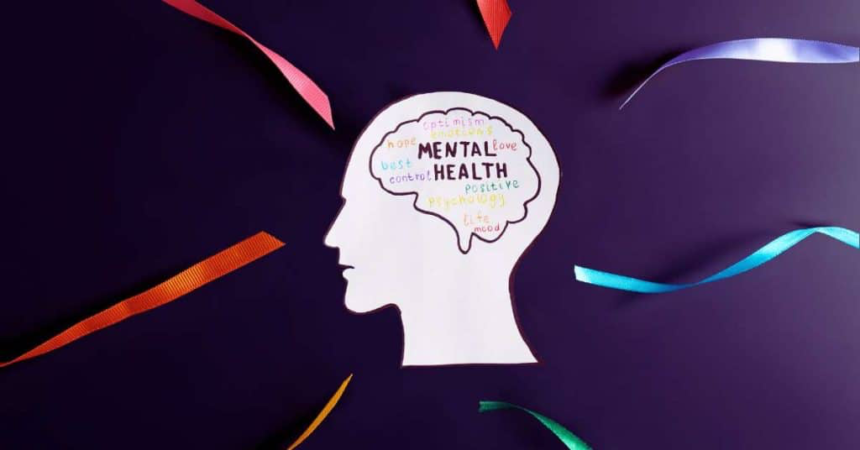Introduction: A New Era in Mental Health Policy
In March 2025, the World Health Organization (WHO) released updated guidelines aimed at transforming global mental health systems. These guidelines emphasize a shift towards holistic care, the protection of human rights, and the integration of mental health into broader public health initiatives. This article delves into the significant changes introduced and their implications for global mental well-being.
Emphasizing Human Rights in Mental Health

The 2025 guidelines place a strong emphasis on aligning mental health policies with international human rights standards. This approach seeks to eliminate coercive practices and ensure that individuals receive care that respects their dignity and autonomy. By advocating for rights-based approaches, the WHO aims to foster environments where mental health services are accessible, acceptable, and of good quality.
Holistic and Integrated Care Approaches
Moving beyond the traditional biomedical model, the WHO now advocates for holistic care that considers psychological, social, and physical health aspects. This includes integrating mental health services into primary healthcare, education, and community settings. Such integration ensures that mental health support is more accessible and tailored to individual needs.
Addressing Social Determinants of Mental Health
The updated guidelines recognize the profound impact of social and economic factors on mental health. Issues such as poverty, unemployment, and lack of education are identified as key contributors to mental health challenges. The WHO encourages policies that address these determinants, promoting mental well-being through improved social conditions.
Preventive Strategies and Community Engagement
Prevention is a cornerstone of the 2025 guidelines. The WHO emphasizes the importance of community-based interventions, early childhood development programs, and school-based mental health initiatives. By engaging communities and focusing on early intervention, the aim is to reduce the incidence and impact of mental health disorders.
Implementation and Global Impact

For these guidelines to be effective, countries are encouraged to adapt them to their specific contexts, ensuring cultural relevance and feasibility. The WHO provides a framework for implementation, including policy development, workforce training, and resource allocation. The global adoption of these guidelines has the potential to significantly improve mental health outcomes worldwide.
Conclusion: Towards a Healthier Future
The WHO’s 2025 mental health guidelines represent a paradigm shift in how mental health is perceived and addressed globally. By focusing on human rights, holistic care, and the social determinants of health, these guidelines pave the way for more inclusive and effective mental health systems. As nations work towards implementation, the collective effort promises a future where mental well-being is a universal priority.
For more information, visit the official WHO announcement: WHO’s 2025 Mental Health Guidelines and The Lancet’s Global Mental Health Series.









